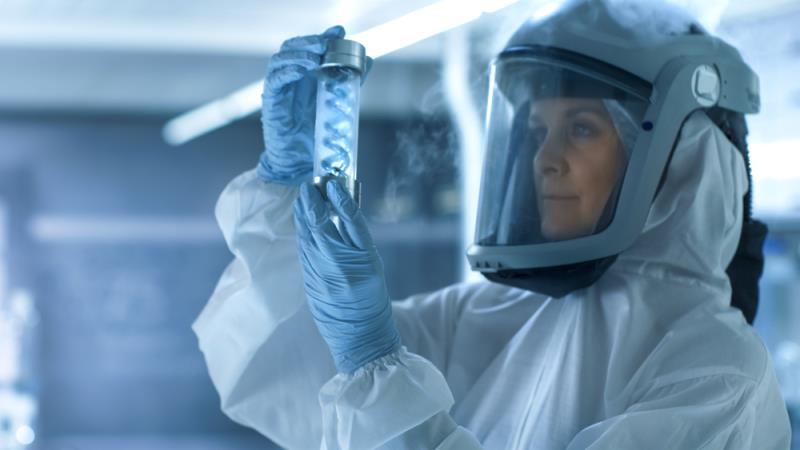Arsenic trioxide may protect against adenoviruses





Researchers at the Technical University of Munich (TUM) and the German Research Center for Environmental Health (GRCEH) have shown arsenic trioxide, an approved treatment for acute promyelocytic leukaemia, may inhibit adenovirus infection.
This research finding may help prevent adenovirus infections, which can be potentially life-threatening, especially among children who undergo stem cell transplant. The mortality rate of adenovirus infection among these children is up to 80 percent. [J Pediatr Hematol Oncol. 2009;31(11):825–831] Human adenoviruses can cause a range of illnesses including conjunctivitis, gastroenteritis, hepatitis, encephalitis, and pneumonia.
The researchers, led by Sabrina Schreiner, Ph.D, of TUM and GRCEH, investigated how the virus reproduces in the cell. They found noticeable changes in promyelocytic leukaemia (PML) nuclear bodies—complexes made up of several proteins within the cell—in cases of adenovirus infection. Usually, the PML nuclear bodies are round but when the cell is infected with adenovirus, they dissolve and form elongated fibrils. [Adv Sci (Weinh). 2020;7(8):1902130]
Upon testing the efficacy of arsenic trioxide in cell cultures infected with adenoviruses, the researchers found the PML bodies reformed into round structures and the virus concentration dropped. They plan to collaborate with paediatricians in Munich hospitals, and provide the treatment for patients.
“[Arsenic trioxide] contains arsenic, but there are no cytotoxic side-effects in the concentrations in which it is used and for which it has already been approved,” said Schreiner.
Viruses often become resistant to medications which attack them directly,” explained Schreiner. “But in this case, since the virus has no direct interaction with the active ingredient, it can’t develop any defense mechanisms.”